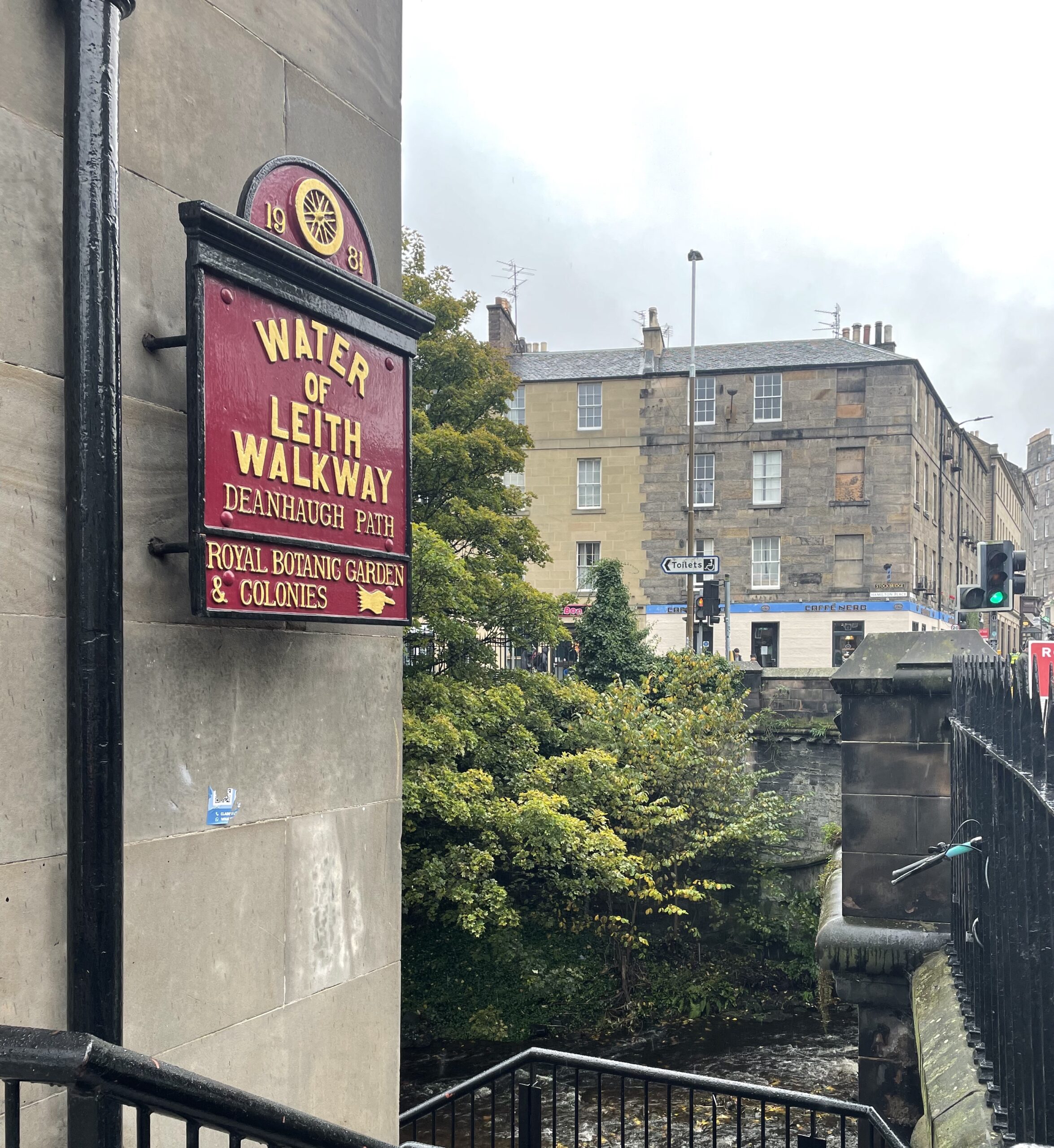Every ending is a new beginning. As this course concludes, I’m filled with a bittersweet feeling — delighted by the learning experience yet aware of the vast knowledge still ahead. This isn’t the end of my journey; it’s a step toward becoming a better designer and contributing to sustainable initiatives. My deepest aspiration is to discover a path where humanity coexists harmoniously with the planet, respecting its limited resources without exploitation.
My core takeaway is challenging the prevalent Western notion of “Man vs. Nature” which invites us to examine our position within the environment and encompasses socio-cultural, economic, political, and ecological aspects. This mindset underscores our interconnectedness with the environment rather than positioning us as separate entities.
A designer is a title that holds responsibility. Sometimes it is not about being extraordinary and changing the world, it is worth reminding ourselves that small impact is still impact. I found this article regarding simple actions to reduce one’s carbon footprint assuring, especially with the reflection questions proposed: https://www.greenpeace.org.uk/news/what-simple-actions-can-people-take-to-reduce-their-carbon-footprints/.
Central to this exploration is the idea that altering our modes of production and consumption is fundamental to achieving responsible and sustainable design practices. It implies a transformative shift in how we create, use, and discard products. This change requires a departure from conventional patterns of consumption that often prioritize rapid production and disposal, leading to environmental degradation. Furthermore, we also need to research the environmental histories of products. This involves tracing their origins and exploring where materials come from, and the ecological footprint of extraction processes. This course has opened my eyes to the hidden manufacturing processes, labour, and other production factors that I had not considered.
 Water of Leith. Photo by Christina Yang.
Water of Leith. Photo by Christina Yang.
Currently there is a “two year rule” in the Law of the Sea that pressures governments into allowing deep sea mining without proper regulations. The impending International Seabed Authority meeting underscores the urgent need to oppose this practice, posing severe threats to deep ocean ecosystems and risking stored carbon release. Despite claims of aiding green initiatives, deep sea mining carries significant ecological risks which are often not highlighted in the media. Through the lens of ‘new materialism,’ the focus extends beyond the traditional understanding of pollution as a byproduct of material use, prompting deeper reflections on the complex relationships between bodies, materials, and ecological systems. Here is the link to the article: https://www.greenpeace.org.uk/news/deep-sea-mining-a-concrete-threat-we-need-to-shut-down-now/.
The final theme, “Environmental Futures,” intricately weaves together time, hope, and design possibilities. While it’s tempting to lose hope, it underscores the significance of perseverance, urging us to persist and envision realistic interventions embracing ecological principles. Here, design becomes a pivotal force, driving positive environmental transformations. Cheers to putting this knowledge into good use!
Reference list
Harkness, H. (2023) Theme 1_Lecture 1A [PDF], Experience and the Environment: Design and the Senses, Making and Consuming. University of Edinburgh.
Harkness, H. (2023) Theme 1_Lecture 1B [PDF], Experience and the Environment: Design and the Senses, Making and Consumption. University of Edinburgh.
Harkness, H. (2023) Theme 2_Lecture 2A [PDF], Experience and the Environment: Labour, Social Justice and Environmental Design. University of Edinburgh.
Harkness, H. (2023) Theme 2_Lecture 2B [PDF], Experience and the Environment: Labour, Social Justice and Environmental Design. University of Edinburgh.
Harkness, H. (2023) Theme 3_Lecture A [PDF], Materials and (new) Materialism: Bodies, Resources and Pollution. University of Edinburgh.
Harkness, H. (2023) Theme 3_Lecture B [PDF], Materials and (new) Materialism: Bodies, Resources and Pollution. University of Edinburgh.
Harkness, H. (2023) Theme 4_Lecture A [PDF], Environmental Futures: Time, Hope and Possibilities in Design. University of Edinburgh.
Harkness, H. (2023) Theme 4_Lecture B [PDF], Environmental Futures: Time, Hope and Possibilities in Design. University of Edinburgh.
What simple actions can people take to reduce their carbon footprints? (2023) Greenpeace UK. Available at: https://www.greenpeace.org.uk/news/what-simple-actions-can-people-take-to-reduce-their-carbon-footprints/.
Deep Sea Mining: A concrete threat we need to shut down now (2023) Greenpeace UK. Available at: https://www.greenpeace.org.uk/news/deep-sea-mining-a-concrete-threat-we-need-to-shut-down-now/.




